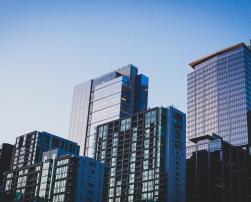
Companies prioritising energy efficiency and retrofitting buildings will benefit from lower costs, regulatory resilience, and sustainability, while those waiting for cleaner energy grids may fall behind.

Companies prioritising energy efficiency and retrofitting buildings will benefit from lower costs, regulatory resilience, and sustainability, while those waiting for cleaner energy grids may fall behind.

The September 2024 issue of the AIVC newsletter is out.
Empowering businesses to develop energy community models for a successful energy transition.
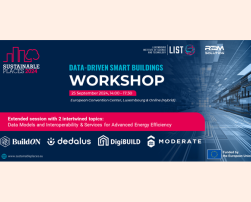
This workshop brings together at Sustainable Places 2024 four EU-funded innovation projects: DigiBUILD, MODERATE, BuildON and DEDALUS, which present and discuss their achievements on two intertwined topics: data models & interoperability and data-driven services.

Households contribute 40% of UK greenhouse gas emissions, and habits like temperature preferences and window use impact energy consumption, underscoring the need for both sustainable home design and resident education.
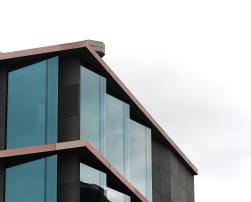
Smart buildings reduce carbon emissions and energy costs through automation, IoT, renewable energy, and efficient systems, while enhancing occupant well-being and sustainability.

The Life Cycle Global Warming Potential factsheet from the World Green Building Council provides guidance on EPBD measures to reduce buildings' total carbon emissions, including a timeline, checklist, and recommendations for effective national regulations.

EAE’s Energy Efficiency Guide is a meta-study that summarises relevant facts and figures about the energy efficiency of Europe’s building stock, relevant legislation, technical developments and how ETICS contribute to achieving Europe’s environmental, economic and social objectives. It condenses the evidence of numerous global, European and national scientific studies and provides recommendations on what can be done to triple the number of buildings undergoing deep or staged deep renovations or new buildings to become net carbon neutral by 2050.
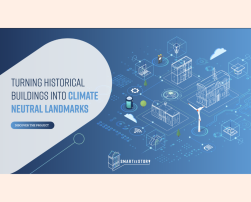
SMARTeeSTORY will propose an integrated building automation and control systems for monitoring and optimizing building energy performance according to an innovative multi-domain approach incorporating historical building requirements as well as human requirements by envisaging real-time and active user engagement.
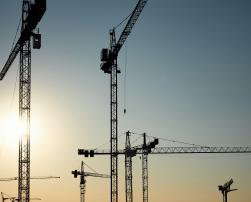
Les Matérialistes envisions the 2050 circular economy in construction through a short film blending documentary, sci-fi, and participatory design, to inspire a reimagining of material value and waste repurposing.